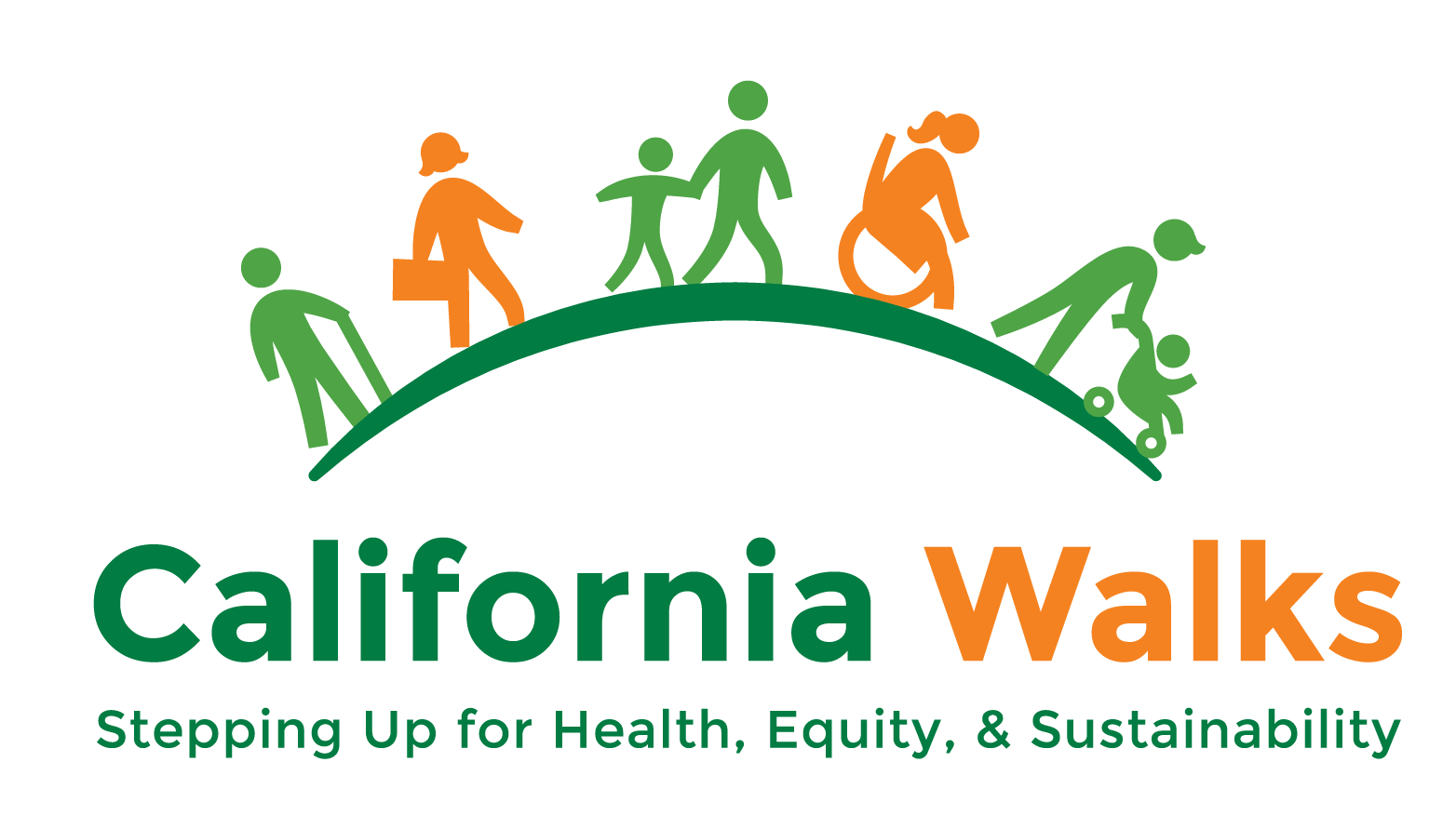Meet the newest members of the Cal Walks team: Chris Johnson
Over the next few weeks, each of our three new team members will introduce themselves to you here. This week, meet Chris Johnson, our Walk San Jose Program Manager, based in San Jose.
In late 2017, California Walks received a grant from the Knight Foundation that enabled it to establish Walk San Jose, a new program that will focus on formalizing its city-level pedestrian safety advocacy in San Jose, including offering local workshops and trainings; bringing the 2018 PedsCount! Summit to the city (a save-the-date is coming soon!); and engaging elected leaders, city staff, local influencers, and community members in mapping the road to a vision of zero traffic deaths in San Jose.
When I learned about the opportunity to work with the California Walks’ team, I leapt at it. Cal Walks has a reputation as effective, strategic advocates, working on both policy and direct service, from the neighborhood level to the state capitol. Though I’d never set foot in San Jose, I believed in the team, and after a few years running a scrappy, under-resourced, and ambitious local nonprofit, building a new program under the auspices of a well organized, sustainable statewide organization sounded like a great fit. And the weather didn’t hurt either.
Before arriving in San Jose in January, I’d lived in Las Vegas (where I grew up steeped in car culture), in Chicago (where I fell in love with cities, walking, and transit), and most recently in Fort Collins, Colorado (where I found my voice as a transportation advocacy leader). It was in Fort Collins where I had the honor of serving as the first executive director of Bike Fort Collins (BFC), Northern Colorado’s bike and active transportation advocacy nonprofit. I was fortunate to lead BFC thought a period of growth and productivity where we asked challenging questions of ourselves, our partners, and our local policymakers and advanced important conversations about active transportation.
One funny thing about working in ped/bike advocacy: When people learn what you do for a living—that your career is dedicated to advocating for active transportation—a few pretty common reactions come up from folks:
They want know if you have a car (I don’t);
They want to know if you have a license (I do);
And, more often than not, they start listing excuses for driving too much and confess they know they should walk and bike more.
I understand where it comes from. Many of us think of walking the way we think of other healthy choices like eating more greens or flossing; they’re obligatory and inconvenient, but we know we “should” do them. I work to help people and communities to reconsider that way of thinking about active transportation.
As easy is it is to talk about healthy choices, decades of policy and cultural momentum have devastated our access to them. So we’re left with eight parking spots for every car, walking as an “alternative” mode of transportation, traffic violence as the leading preventable cause of death of children, and putting people first as a radical transportation agenda. Worst of all, we have built a country where age, race, gender, ability, and income inform what choices are available to us and how safe and healthy our options truly are.
When our policies and budget priorities limit choices, or put a thumb on the scale for one mode of travel over the others, it’s hard to champion behavioral changes that aren’t realistic. So in my advocacy, instead of shaming people into walking and riding bikes on unsafe streets, or taking buses that don’t run often or late enough, my advocacy is about asking. And here’s the ask:
Whether you want to protect the earth from the ravages of climate change, or build vibrant and profitable commercial districts, or you’re committed to protect working families against exploitation and displacement, let’s work together to create a transportation system in San Jose that promotes health, safety and sustainability. Let’s work together to create a transportation system in San Jose that prioritizes correcting historic inequity and that serves the needs of everyone whose health, safety, and access to opportunity are most tenuous—especially people who have fewer choices. Let’s create coalitions and processes where those voices are represented and amplified, not crowded out, or spoken of as passive participants. Let’s celebrate the lived experience of neighborhoods as expertise and not merely as anecdotes.
I hope you’ll join me and California Walks and Walk San Jose and so many others in demanding that our city and our county build neighborhoods where all kids can safely play, where all seniors can age in place, and where every family has access to healthy choices.

